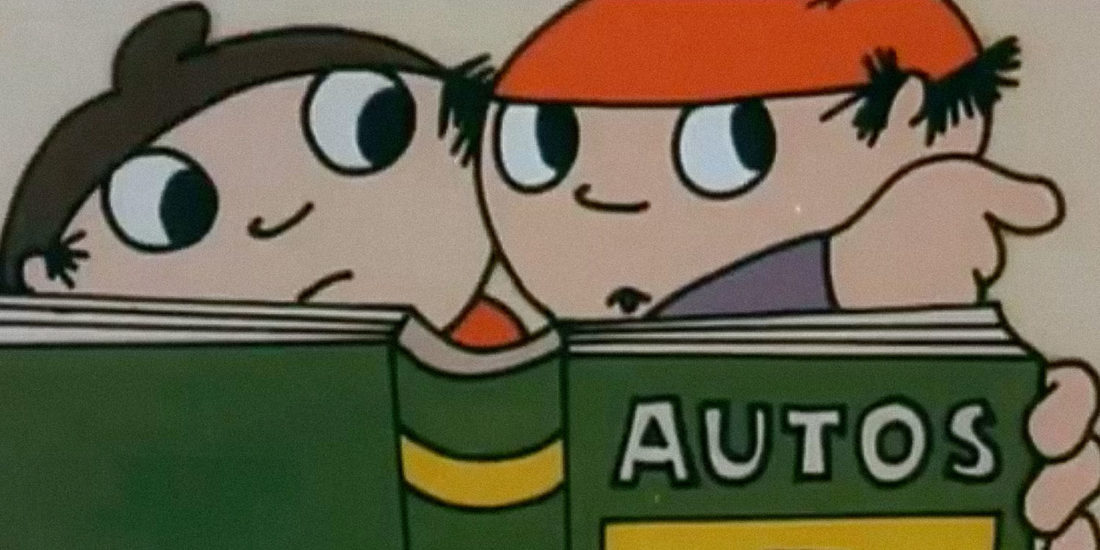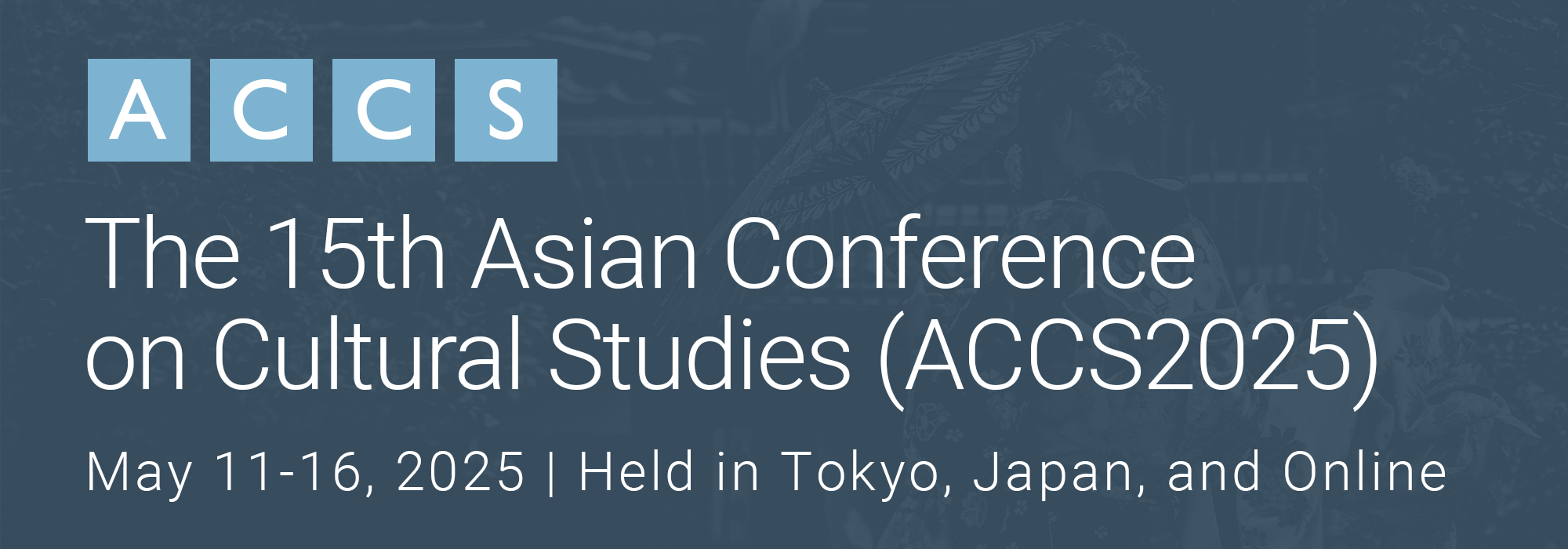While the West German TV broadcasting system had to a large part been modelled on Hugh Green's understanding of the BBC (who had been charged with creating a non-centralised German broadcasting system after WWII), it did, unlike the BBC, include moderate yet tightly controlled advertising time. Initially, advertising was only allowed between 17:00 and 20:00, excluding Sundays, and only in blocks of 5–10 minutes each. In order to break up the succession of adverts, stations used animations. First and foremost, these clips were meant to provide a light-hearted caesura or insert (Werbetrenner) between individual adverts. But ultimately, their remit went much further than that; on the one hand, these animations were intended to draw children into the advertising world and keep viewers on the station; on the other, they also provided a glimpse of social issues shaping the evolution of German society. The most famous ones were the “Mainzelmännchen”, a collection of funny gnomes created for the ZDF broadcasting station. In my presentation, I will analyse a number of these clips according to their relevance as markers of social changes through the last 50 years or so. It will become clear that they are far from lighthearted entertainment but have a neo-conservative agenda regarding nationalism, gender, education, consumption and social change. Furthermore, I will also discuss changes made to them due to digitalisation and how they and their creators’ agenda have become re-entrenched in new media in a changing and unequal world.
Not Just Your Average Cartoon – “Mainzelmännchen” As Agents of Conservative TV Propaganda

